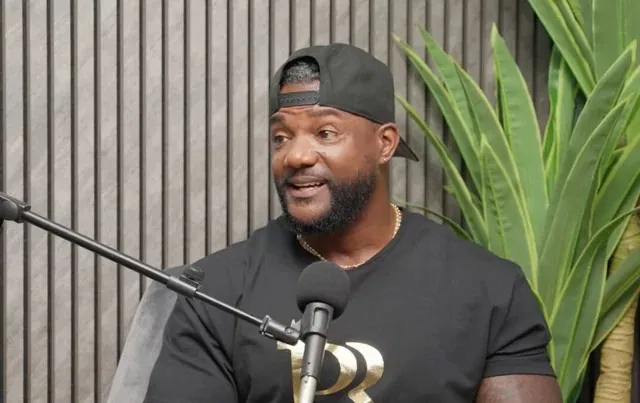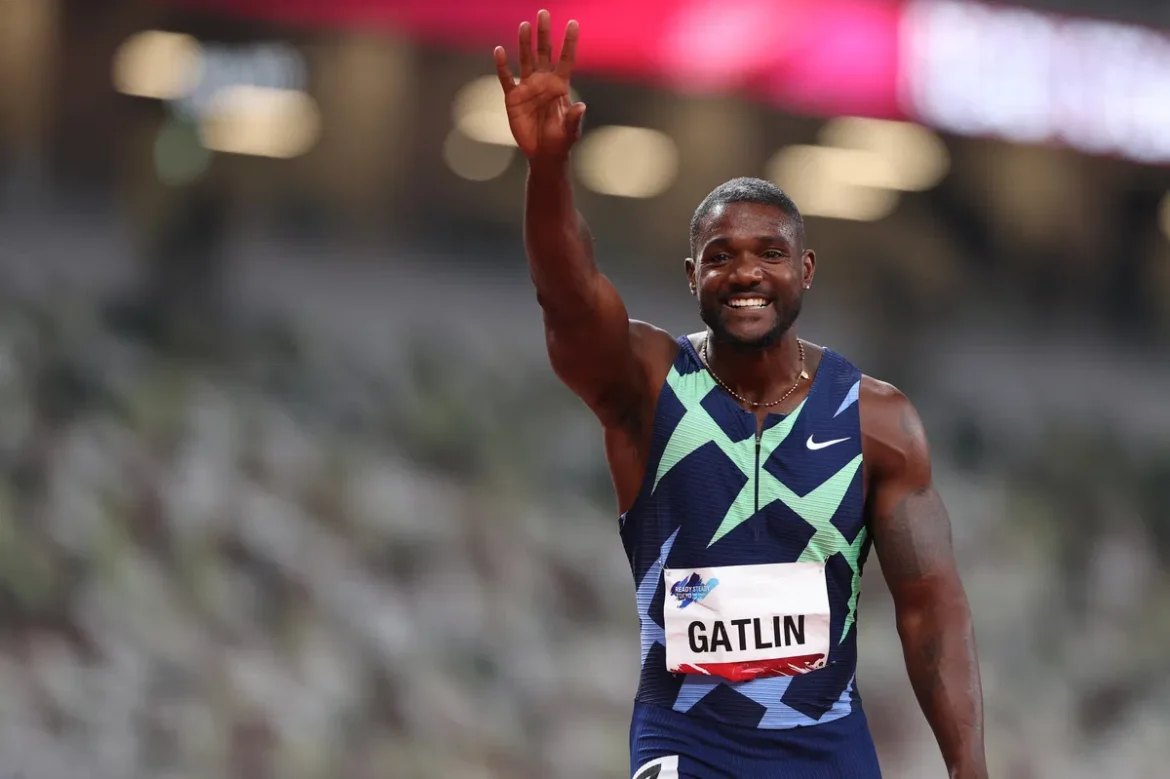A week after the dust settled on the chaos of the World Athletics Relays in Guangzhou, the aftershocks are still rippling through the global athletics community. What was meant to be a fair, competitive qualifying event for the 2025 World Championships in Tokyo ended in heartbreak for several nations.
The Nigerian squads, which included global stars like Tobi Amusan and Favour Ofili, were scheduled to compete in four relay events from May 10 to 12, each offering a shot at the coveted World Championships ticket. But just two days before the event, a stunning announcement came from Nigeria’s National Sports Commission, the team was pulling out. Seven U.S.-based athletes were denied entry into China due to unresolved visa issues.
The backlash was swift. Fingers were pointed, apologies made, and diplomatic fences mended, but the damage had already been done. Nigeria’s athletes, who had trained for months for this very opportunity, were left without a chance to qualify.
Gatlin Adds His Voice

On May 16, Olympic champion and sprint legend Justin Gatlin addressed the situation on his Ready Set Go podcast. While the episode initially focused on Dominican Republic star Marileidy Paulino, another athlete reportedly denied a Chinese visa for the relays, the conversation quickly turned to Nigeria’s painful exit.
Gatlin, no stranger to the highs and lows of elite athletics, made a bold proposal.
“I hope that World Athletics comes and puts on a last-chance kind of style meet,” Gatlin said, referencing the occasional post-Diamond League showdowns used to settle qualification debates.
“This time, the stakes are bigger than just a race.”
For Gatlin, it’s about fairness, about giving athletes a level playing field when circumstances beyond their control shut them out.
“Sometimes the race is lost before the athletes even step on the track, not by injury or defeat, but by bureaucracy,” he noted.
A Longstanding Problem
Gatlin’s concerns aren’t new. In fact, three years ago, Ivorian sprint queen Marie-Josée Ta Lou-Smith found herself in a similar nightmare ahead of the 2022 World Athletics Championships in Oregon. Despite qualifying, Ta Lou faced last-minute visa issues that jeopardized her participation.
In a raw, frustrated post on X (formerly Twitter), she vented:
“As an athlete you work hard to be qualified for world champ only to have a visa issue… How did they expect the athlete to perform well? This is really frustrating.”
The incident sparked outrage from athletics royalty Michael Johnson, who blasted both World Athletics and the Oregon organizers for failing to address what he called a predictable, recurring problem.
“This is ridiculous!” Johnson tweeted.
“It’s been known US entry visa may be one of the most difficult and WA and the organizing committee didn’t get ahead of this?”
His words carried weight, and yet, here we are in 2025, grappling with the same issues.
Will World Athletics Step Up?
As Gatlin pointed out, this isn’t just about Nigeria or Paulino. It’s about safeguarding the integrity of international competition. The idea of a last-chance meet isn’t without precedent. Gatlin referenced previous post-season matchups, such as the Zurich meets, where teams and athletes who missed out on qualification opportunities were given a platform to compete.
The question now is whether World Athletics will seize this moment to act decisively. Will they offer an olive branch to teams affected by visa setbacks and administrative mishaps? Or will another generation of athletes be left sidelined, not by their competitors, but by bureaucracy?
For many in the athletics world, time is precious, and opportunities like the World Championships don’t come around often. As Gatlin, Johnson, and Ta Lou have all made clear, letting paperwork decide the fate of athletes is a race no one should be forced to run.


